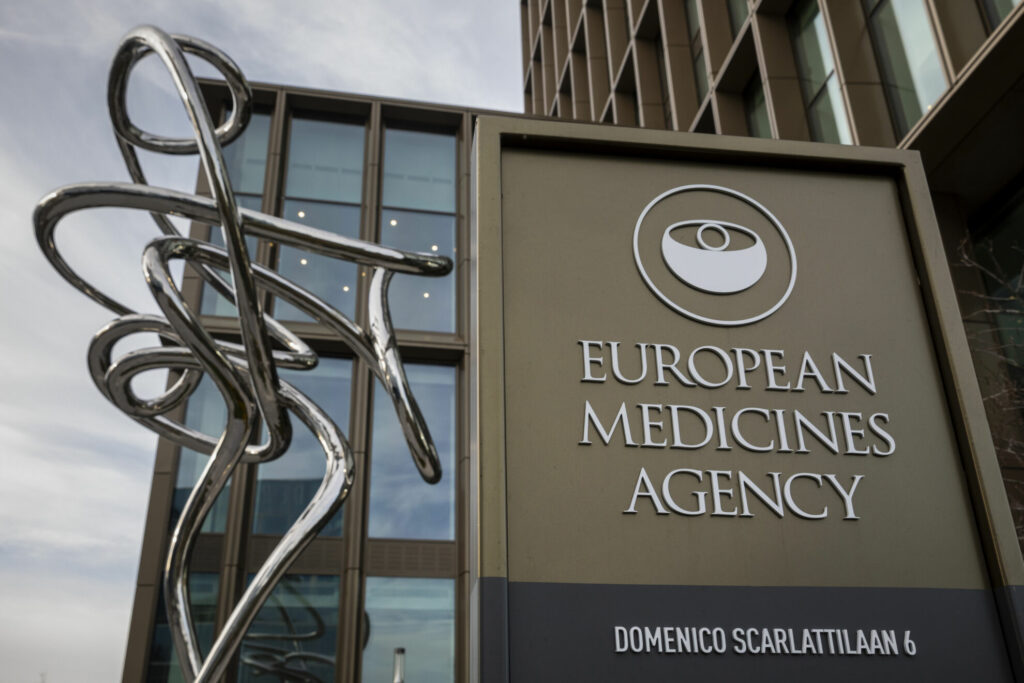The European Medicines Agency (EMA), together with nine EU National Competent Authorities (NCAs), has published a comprehensive report on the EU Repurposing Pilot initiated in 2021 to facilitate new therapeutic indications for authorised off-patent medicines. This initiative targets unmet medical needs, particularly in rare diseases and paediatric populations, by supporting not-for-profit organisations and academic institutions, termed “champions”, in generating robust evidence to enable regulatory approval for new uses.
The pilot tested a tailored framework encouraging early dialogue with regulators through free Scientific Advice (SA) procedures, in which the EMA provides medicine developers with guidance on the most appropriate methods to generate robust evidence on a medicine’s quality, efficacy and safety. Moreover, the pilot provided champions with enhanced regulatory support, including preparatory meetings, briefing document reviews, and debriefings on the SA outcome. The aim was to strengthen data generation plans aligned with regulatory standards to facilitate eventual marketing authorisation variations or applications for new indications.
Of 35 applications received, 6 were selected for EMA SA, 5 of which covered a rare disease. Of note, an orphan designation was granted for 2 projects, in parallel to the repurposing pilot.
Several projects included paediatric indications, reflecting the pilot’s focus on vulnerable populations with limited existing treatment options. For example, one project successfully achieved on-label approval for the use of Iohexol to measure glomerular filtration rate (GFR) in children and adults with chronic kidney disease, living kidney donation, or transplantation evaluation, a novel indication based on repurposing an established diagnostic agent.
The pilot demonstrated the benefit of early regulatory interaction but also highlighted challenges such as securing funding, designing appropriate clinical studies, and engaging Marketing Authorisation Holders (MAHs) to pursue formal regulatory submissions based on academic data. Only one project achieved on-label approval within the pilot timeframe (2021-2024), reflecting the inherent complexity and long-term nature of repurposing efforts.
The initiative further explored the use of real-world evidence (RWE) to complement clinical data, noting current limitations in accessing specialised datasets for rare diseases within the EMA’s data networks. The pilot also confirmed the need for ongoing multi-stakeholder collaboration, including regulators, industry, academia, patient groups, and payers, to address barriers beyond scientific evidence such as reimbursement and market incentives.
This pilot represents a significant step towards facilitating regulatory recognition of new uses for well-established medicines, fostering innovation through collaborative frameworks in the public interest. Access the report here.





